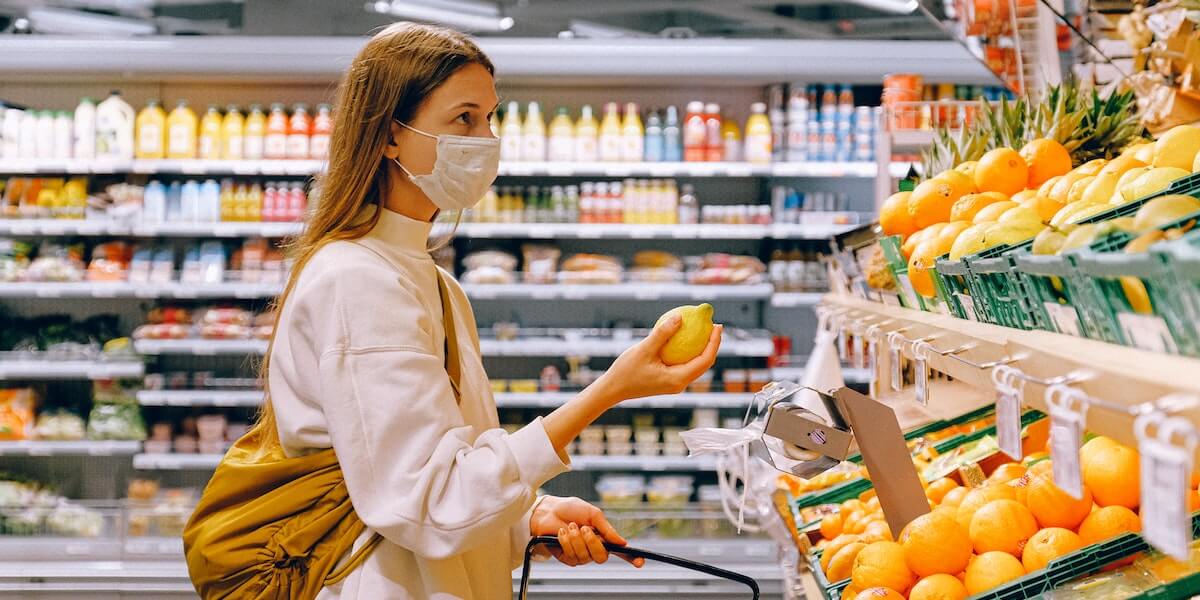They say you are what you eat. What about what you breathe? In the wake of climate change, air pollution is a critical area of concern not just for the environment, but for individual long-term health. That is why, almost two decades ago, Constantinos Sioutas created a personal air sampler—a device lightweight enough to be carried by individuals into whichever spaces they visited to assure them of their safety. This sampler has recently been adopted by the U.S. Department of Homeland Security as a reference method for COVID-19 sampling.
Aerosols are the subject of Sioutas’ research and the link to our biological well-being is one he helped forge early on in Los Angeles by emphasizing the importance of understanding the diversity of particles that make up our surroundings. Stationary monitors often do not tell the full story of personal particulate matter exposure, Sioutas, Fred Champion Professor in Civil and Environmental Engineering at the USC Viterbi School of Engineering, said. The “Sioutas Impactor,”— as the sampler his team developed, manufactured by SKC is called—collects personal samples and separates them into five size ranges that can be analyzed for particle mass particle size and particle chemistry.
“This is important because depending on how big or small the particles are, you’ll know where in your lungs they will deposit,” Sioutas said.
Read the rest of the story on the Viterbi News website, where it originally appeared. Photo by Anna Shvets from Pexels.
